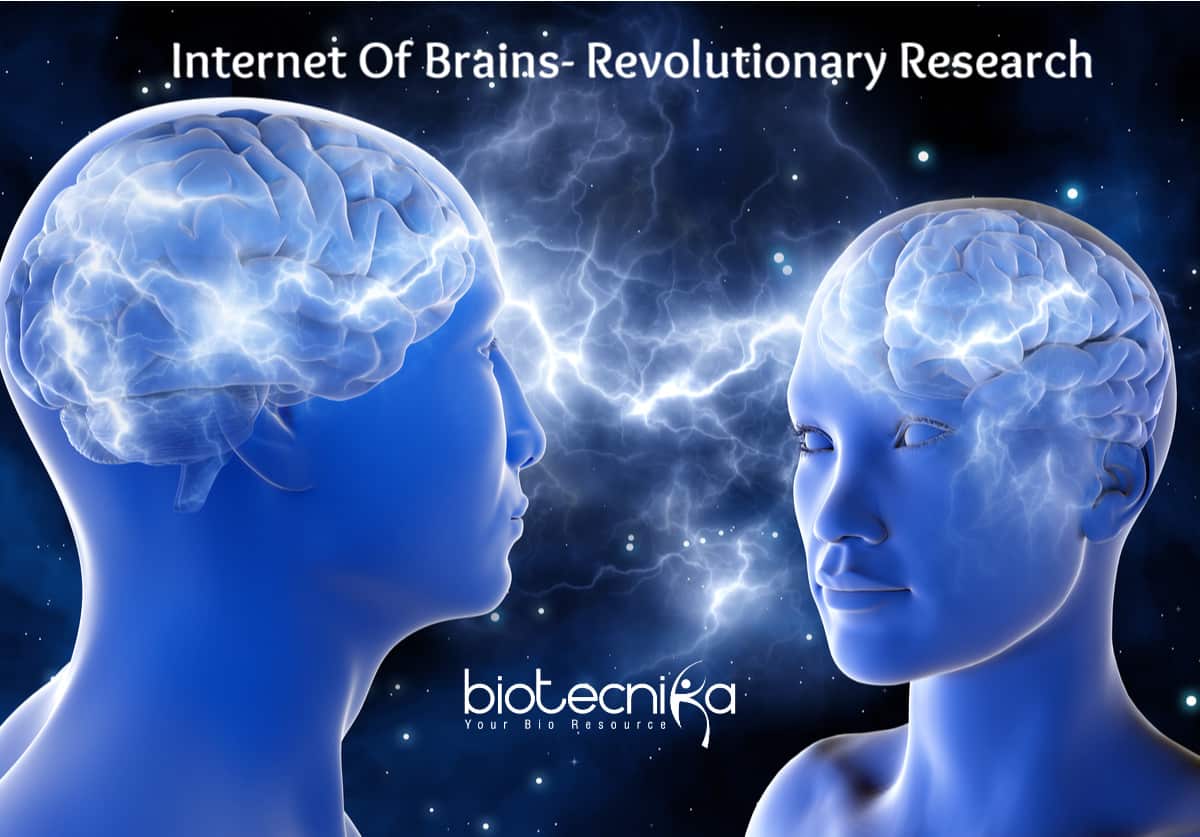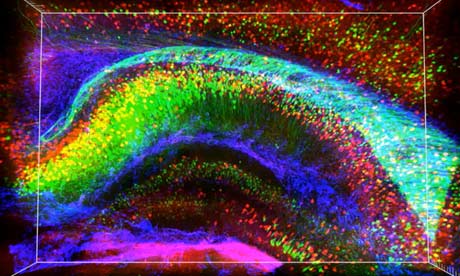In a recent Science Daily article, Gut microbes may talk to the brain through cortisol, researchers from the University of Illinois College of Agricultural, Consumer, and Environmental Sciences explain how recent studies show that human gut microbes can influence human health, behavior, and certain neurological disorders, such as autism.
The authors of the study say that results from a new study suggest a pathway of communication between certain gut bacteria and brain metabolites, by way of a compound in the blood known as cortisol. And unexpectedly, the finding provides a potential mechanism to explain the characteristics of autism.”
The researchers in this study mainly focus on gut bacteria but please keep in mind molds (fungi) also play a big factor in our guts and in this pathway of communication between the gut and brain metabolites.
Here is an excerpt from the article:
“The researchers found predictive relationships between the fecal microbiota and serotonin and cortisol, two compounds in the blood known to be influenced by gut microbiota. Specifically, Bacteroides was associated with higher serotonin levels, while Ruminococcus predicted lower concentrations of both serotonin and cortisol. Clostridium and Butyricimonas were not associated strongly with either compound.
Again, Mudd says, the results supported previous findings related to ASD. “Alterations in serum serotonin and cortisol, as well as fecal Bacteroides and Ruminococcus levels, have been described in ASD individuals.”
Based on their initial analyses, the researchers wanted to know if there was a three-way relationship between Ruminococcus, cortisol, and NAA. To investigate this further, they used a statistical approach known as “mediation analysis,” and found that serum cortisol mediated the relationship between fecal Ruminococcus abundance and brain NAA concentration. In other words, it appears that Ruminococcus communicates with and makes changes to the brain indirectly through cortisol.
“This mediation finding is interesting, in that it gives us insight into one way that the gut microbiota may be communicating with the brain. It can be used as a framework for developing future intervention studies which further support this proposed mechanism,” Dilger adds.
“Initially, we set out to characterize relationships between the gut microbiota, blood biomarkers, and brain metabolites. But once we looked at the relationships identified in our study, they kept leading us to independently reported findings in the autism literature. We remain cautious and do not want to overstate our findings without support from clinical intervention trials, but we hypothesize that this could be a contributing factor to autism’s heterogenous symptoms,” Mudd says. Interestingly, in the time since the researchers wrote the paper, other publications have also reported relationships between Ruminococcus and measures of brain development, supporting that this might be a promising area for future research.”
What was interesting to me is how important this cortisol is to all living creatures and the fact that cortisol is produced in humans by the zona fasciculata of the adrenal cortex within the adrenal gland. We release cortisol into our blood in response to stress and low blood-glucose concentration.
Cortisol is a steroid hormone, in the glucocorticoid class of hormones. When used as a medication, it is known as hydrocortisone. It is produced in humans by the zona fasciculata of the adrenal cortex within the adrenal gland.
Cortisol affects EVERY organ and ALL bodily functions. So imagine if a foreign invader like toxic molds/fungi were able to commandeer this Cortisol process to then tweak it to its advantage.
Original Article Posted on Mold Safe Solutions (Our Sister Site)

Moe is the founder of GnosticWarrior.com. He is a father, husband, author, martial arts black belt, and an expert in Gnosticism, the occult, and esotericism.








